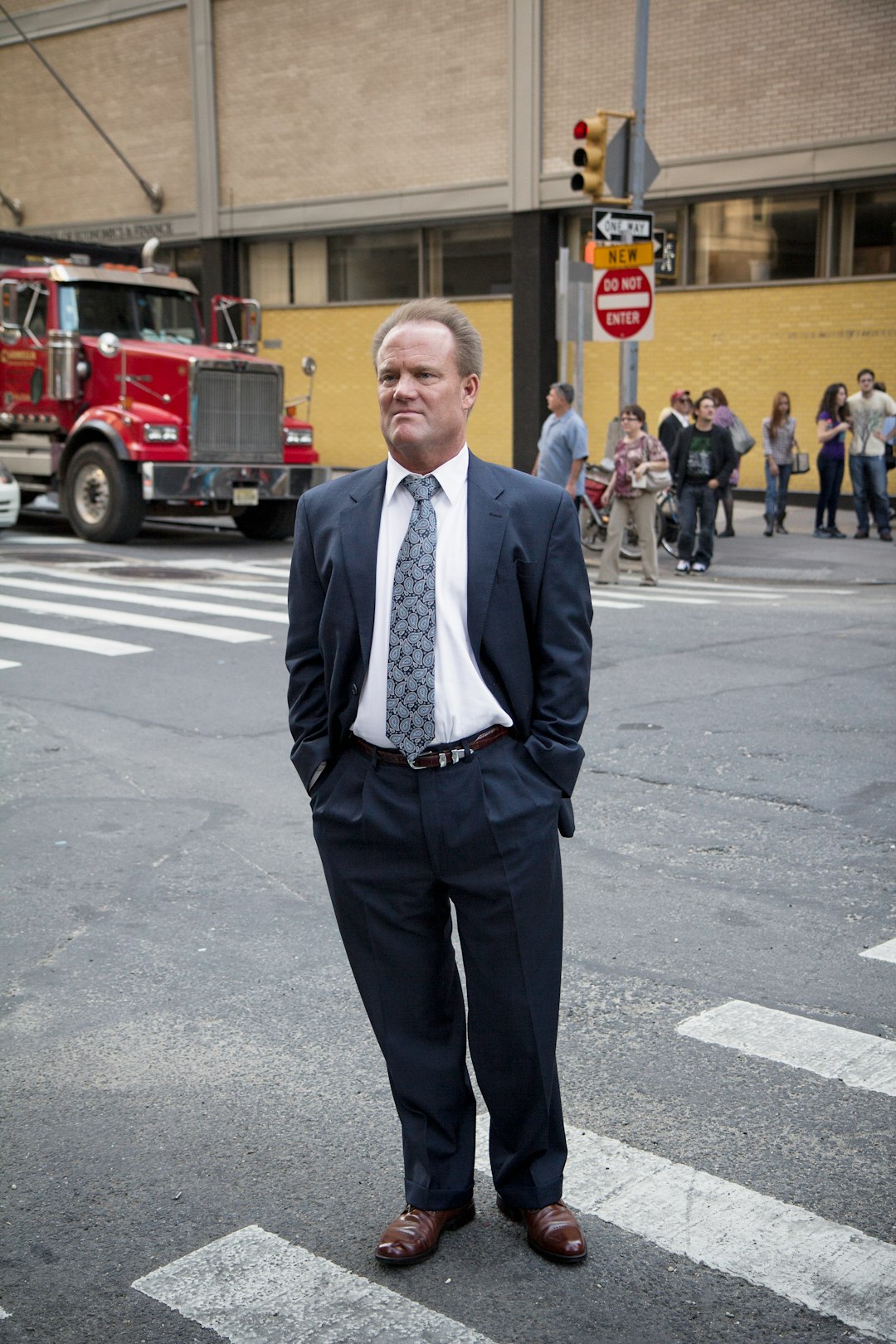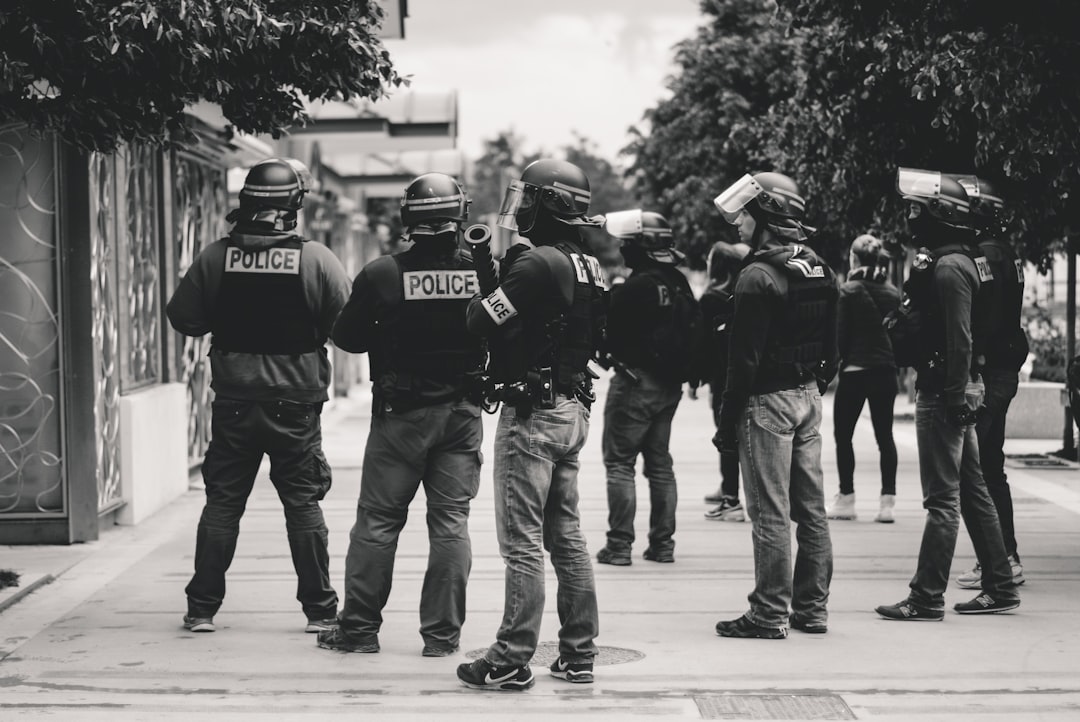In the past half century, the role of firefighters has changed a great deal. There was a time when the business of fighting fires was not as involved as it is today. The job mainly consisted of cleaning fire engines, taking care of the station, answering phones, and then rushing to an emergency when duty called. While there was no firefighter oral board interview or physical agility test to worry about, the job was a great deal more dangerous back then and protective safety gear was virtually nonexistent.
You may be undergoing firefighter training right now and wishing that you could go back to the days when getting into the industry that you love was so much easier. Nevertheless, you are much better off living in the present day-at least as far as the firefighter business is concerned.
Competition is Tougher than Ever Before
These days, becoming a fireman is about more than the necessary training. There are three main parts to the preparation and application process. Not including initial education and training, these are:
- The written test
- The physical agility test
- The oral board exam
The panel interview is the deal breaker for many potential firefighter candidates. If you do bad there, don’t expect to get hired. That’s why I encourage every applicant that is exploring the possibility of becoming a firefighter to download Master The Firefighter Interview Book. In it, you will learn commonly asked questions and how best to answer them.
The Purpose of the Oral Board Exam
The oral exam assesses your ability to handle the pressures of the job and can set any unsure minds at ease with the various questions that are asked. Plenty of people can pass a written test; even more can likely pass a physical agility test, but the oral board is a step in the application process that can set you apart from other applicants.
What to Expect from the Oral Board Interview
Contrary to popular belief and what your training buddies are telling you in attempts to try and scare you, the firefighter oral interview is not about trying to catch you up or trip you up. It is about examining your potential to be a strong, worthy firefighter. This is a job where people are charged with the responsibility of saving homes and lives and it is not right for everyone, no matter how appropriate for the job a person may think he or she is.
The firefighter board may ask any of a variety of basic interview questions, including but not limited to questions such as:
- How has previous work experience or volunteer work prepared you for a job as a firefighter?
- What part of your firefighter training do you think has best prepared you for this job?
- Why do you want to be a firefighter?
- What are your most positive strengths?
- What are your weaknesses?
As it is with every job interview, the oral board interviewers will probably throw a few curve balls into the firefighter interview and ask you some questions that you did not expect. These may be follow-up questions to answers that you have given, so it is best to be as prepared for them as possible.
Making Use of Personal Experiences
One way to really impress those giving your oral interview is to utilize personal experiences in answering your questions. Give examples, if you can. If you have experience in the firefighting business, even if it was just in the office filing papers, make use of it! Do so without being cocky or overconfident, but show them you have learned from past experiences, even if they were negative. Personal growth scores points with interviewers in every job field, not just for the oral board exam.
As you are looking to be a part of the firefighting program in your community, I highly recommend this new e-book, Master The Firefighter Interview, loaded with tons of sample questions and answers. It is more important than ever to be as prepared as possible for the various facets of the application process as possible, including the oral board interview. You can pass the physical agility test and written exam with flying colors, but without a good score on your oral interview, you can easily be passed over for the next person.
If you want the chance to put out the fires of the world, act like it. Prepare, prepare, prepare. Gather all of the information you can on how to become a firefighter and get all of the help you can get. Practice your interview with those who support your endeavors and show up to your firefighter interview calm, cool and collected.






